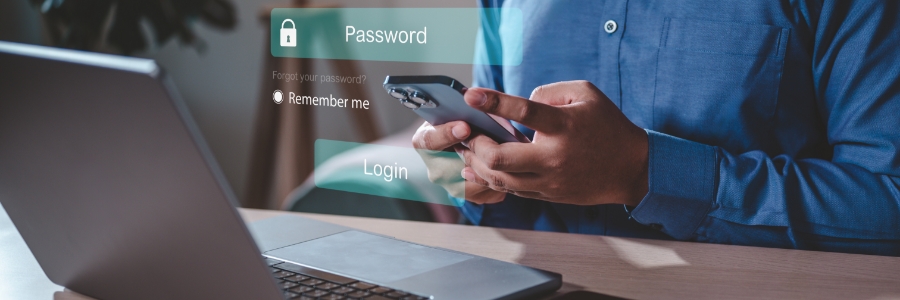Your web browser tracks everything you do online, storing information like search history and cookies. Private browsing can help reduce this by keeping your activity hidden. But how does private browsing work, and why is it important for your privacy?
What is private browsing?
Private browsing is a web browser feature that allows you to surf the internet without your activity being saved.
Private browsing best practices: How to hide your online activities

Should you use private browsers to protect your online privacy?
The importance of private browsing
Here’s how to avoid security threats on the web

Malicious actors wait in the virtual shadows while you do internet searches, scroll through your social media feeds, or use company apps online. Just by browsing the web, your workers increase the risk of exposing sensitive and critical data, which is why everyone in your organization must learn how to avoid cyberthreats.
How can private browsing protect your online privacy?

You may not know it, but some of the websites you visit or apps you download leave a trackable digital footprint. One step you can do to avoid leaving your online behavior exposed to third parties is to use private browsers to surf the internet.
What is private browsing?
Your web browser — whether it’s Chrome, Edge, Firefox, Safari, or Opera — stores the URLs of the sites you visit, cookies that track your activity, passwords you’ve used, and temporary files you’ve downloaded.
Can private browsing keep you safe?
Invaluable tips for online safety

You probably go to great lengths to keep yourself safe, whether at home or in public. But what happens when you get online? Learn more about how you could be exposing yourself and your personal information over the internet so you can stay safe.
With the headlines about data breaches and cyberattacks greeting you every time you go online, it seems impossible to have a surefire, foolproof way to keep your information secure.
What private browsing can and can’t do
How Google overcomes secure browsing issues

With the vast majority of end users turning to Google as their search engine or default browser of choice, it comes as no surprise to learn that the company takes security seriously. But in a perpetually changing landscape where anti-virus and anti-malware tools are constantly chasing their tails in order to stay up to date with the latest threats, there cannot be many small to medium-sized business owners who can afford to ignore the issues surrounding cyber security.




